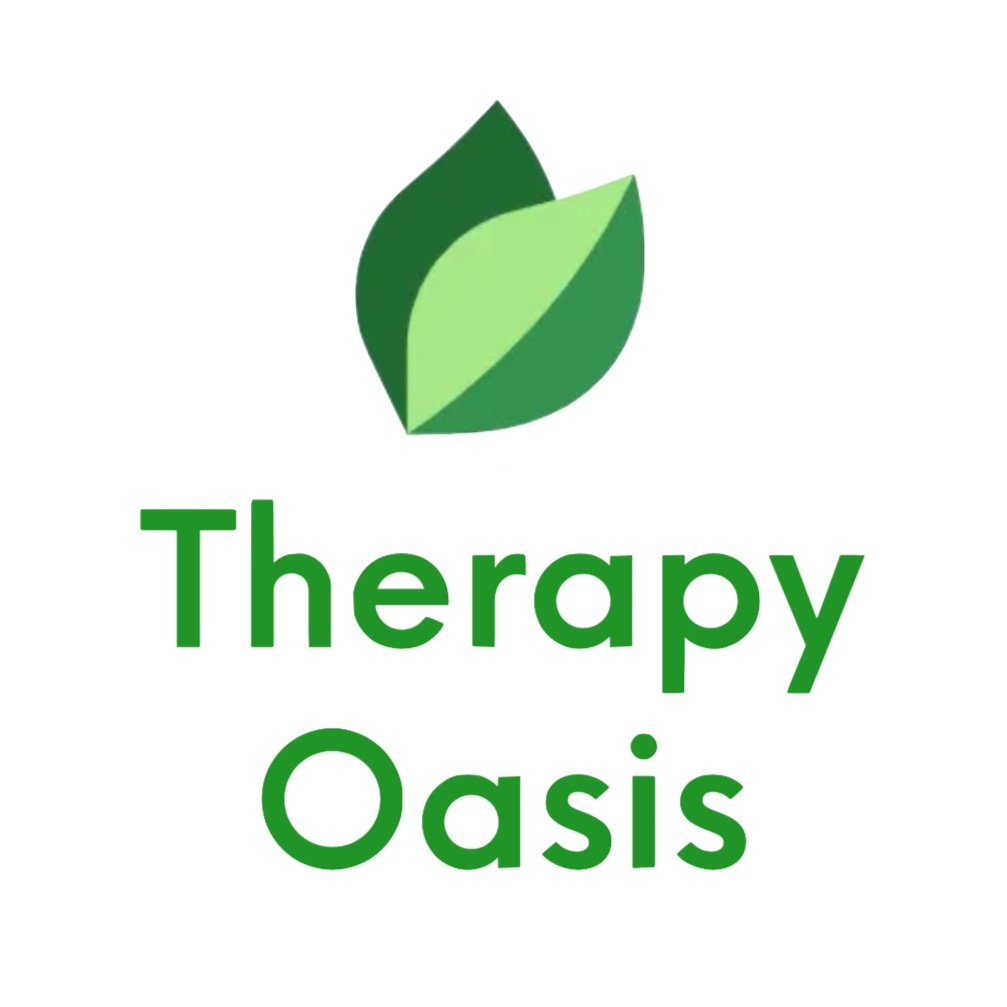Frequently Asked Questions
-
We currently accept the following:
National Disability Insurance Scheme (NDIS) - Self-Managed
National Disability Insurance Scheme (NDIS) - Plan-Managed
Medicare - Chronic Disease Management (CDM) plan (formerly Enhanced Primary Care plan).
Private Health Insurance
-
No, you do not need a referral to see a Speech Pathologist. However, you may be eligible to receive a Chronic Disease Management Plan from your GP. This allows you to receive Medicare rebates ($58 per session) for up to 5 sessions per year.
-
If you are uncertain about the individuals' specific needs or if it has been more than 12 months since their last assessment, then we recommend an initial assessment. The assessment typically takes 90 minutes and will provide a comprehensive analysis of the individuals' needs to help you and the therapist gain a better understanding of their requirements. This will allow the therapist to develop an individualised therapy plan and provide any necessary recommendations.
-
At Therapy Oasis, we usually recommend 50-minute sessions. This is to ensure that we have sufficient time to work on all therapy goals, provide feedback, and assign home practice activities if necessary. However, if appropriate, we may recommend shorter session options.
-
The duration and frequency of speech pathology sessions needed can vary greatly across individuals depending on several factors, including:
Comorbid conditions: If the client presents with other comorbid conditions, such as Autism Spectrum Disorder, stuttering, or hearing impairment, it may affect the duration and frequency of speech pathology sessions. Additional considerations and strategies may be required to address the multiple needs of the client, which may impact the number of sessions needed.
Severity of communication difficulties: The severity of the communication difficulties can also influence the number of sessions needed. Clients with mild communication difficulties may require fewer sessions compared to those with severe or complex communication difficulties, as more time may be needed to address their specific needs and goals.
Family/parental involvement: If the family or parents are actively involved in implementing strategies and supporting the client outside of therapy sessions, it can potentially reduce the number of sessions needed. This may include practicing speech exercises at home, facilitating communication opportunities in daily routines, and reinforcing strategies taught in therapy.
Still have questions? Contact us here.
